The week's best parenting advice: May 10, 2022
How to handle playground bullies, how a maternal mental health psychiatrist preps for motherhood, and more

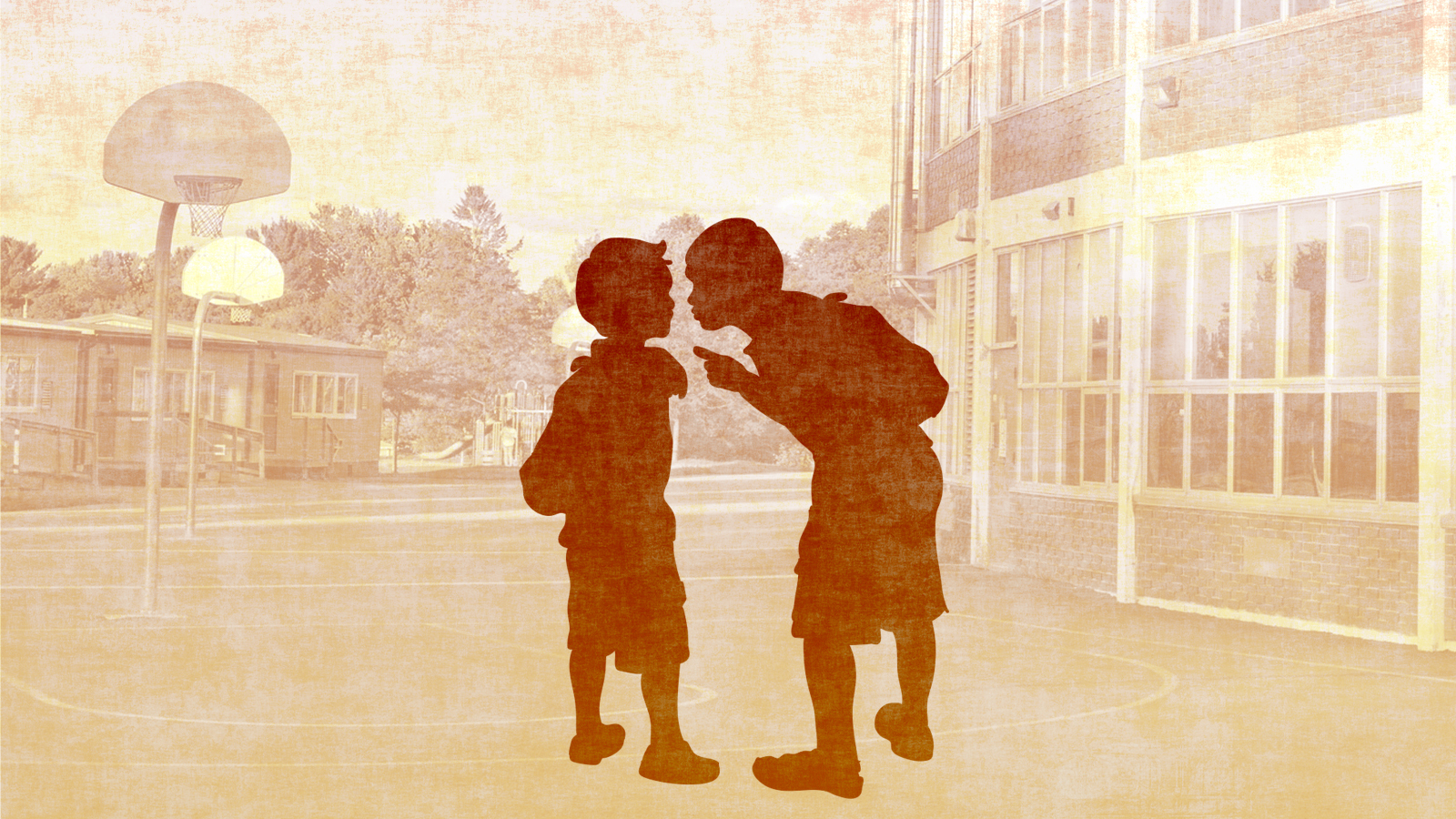
A free daily email with the biggest news stories of the day – and the best features from TheWeek.com
You are now subscribed
Your newsletter sign-up was successful
1. How to handle playground bullies
If you're at the playground and another child is picking on your kid, take a minute to take stock of the circumstances before stepping in, writes Melinda Wenner Moyer. Sometimes what looks like insensitive behavior is actually a child's clumsy attempt to make a connection. Plus, playground scuffles often resolve themselves on their own. If you do feel the need to intervene, resist the urge to solve the conflict and instead offer your child guidance on how to handle it themselves. Suggest that they ask for a turn on the slide, or tell the other child that they don't like their behavior. "Your response should be dictated by the gravity of the situation, of course. … But if it's a minor disagreement or scuffle, consider what you can do to help your child handle the situation, rather than you handling the situation," Moyer writes.
2. How a maternal mental health psychiatrist preps for motherhood
As a psychiatrist, Dr. Pooja Lakshmin has treated mothers with a range of perinatal mental health issues and has seen firsthand that even those suffering from severe disorders get better with treatment. "In witnessing these women soak up the pleasures of motherhood despite the dark times, I became less fearful and more curious about how I would feel in the role," Lakshmin writes. Still, she knows well the toll that motherhood can take on women. So instead of reading parenting books, she's prepping for motherhood by prioritizing her well-being: She's taking an SSRI (with permission from her doctor), prioritizing sleep, and lining up a postpartum doula and pelvic floor physical therapist for after the birth. Not everyone has the resources to prioritize mental health in this way, but they should, writes Lakshmin. "Putting time and resources into my own mental health is not selfish — it's what matters most."
The Week
Escape your echo chamber. Get the facts behind the news, plus analysis from multiple perspectives.

Sign up for The Week's Free Newsletters
From our morning news briefing to a weekly Good News Newsletter, get the best of The Week delivered directly to your inbox.
From our morning news briefing to a weekly Good News Newsletter, get the best of The Week delivered directly to your inbox.
3. The 1 parenting decision that actually matters
Parents make an estimated 1,750 difficult decisions during the first year of their kid's life. Almost none of them matter as much as parents think they do, writes Seth Stephens-Davidowitz in The Atlantic. But there is one decision that seems to have a substantial long-term impact on a child's wellbeing: where they were raised. Research suggests that the best cities can increase a child's future income by about 12 percent, for example. According to Stephens-Davidowitz's estimation, "some 25 percent — and possibly more — of the overall effects of a parent are driven by where that parent raises their child." No one knows exactly why location matters so much, but it could be that good neighbhorhoods expose kids to positive role models. "When it comes to parenting, the data tells us, moms and dads should put more thought into the neighbors they surround their children with — and lighten up about everything else."
4. Why your baby won't nap at daycare
If you're wondering why your baby naps easily at home but not at daycare, the answer is probably pretty straightforward: Daycare isn't home, writes Tiffany Eve Lawrence in Romper. The sounds are different, as is the shape of the room and its lighting. "With all of this change to adjust to, babies may understandably need time to adapt and feel comfortable enough to rest," writes Lawrence. If your child doesn't adjust after a week or so, inquire about the caregiver's routine. "If anything stands out as something that you recognize can impact their naps — maybe the snack time is before playtime, for example, and at home, you have done the opposite — ask them why," writes Lawrence. And if the caregiver responds immediately when your baby fusses at nap time, ask them to give the child a few minutes to self soothe or fall back asleep.
A free daily email with the biggest news stories of the day – and the best features from TheWeek.com
5. Start talking about alcohol earlier than you think
Don't wait until your children are teenagers to talk to them about alcohol, writes Blair Sharp in Parents. By then, social media and television will already have shaped their understanding of the substance, and probably inaccurately. So it's important for parents to explain the dangers of alcohol misuse early and watch how they talk about their own alcohol use. "When an adult comes home from work and says, 'Boy, that was a rough day, I need a drink,' it teaches the child that alcohol can fix a problem," writes Sharp. Of course, make sure all discussions are age-appropriate and allow the child to ask questions. And if you're unsure where to start educating your child about alcohol, it may be a good idea to start by finding out what they already know.
Stephanie H. Murray is a public policy researcher turned freelance writer.
-
 The environmental cost of GLP-1s
The environmental cost of GLP-1sThe explainer Producing the drugs is a dirty process
-
 Greenland’s capital becomes ground zero for the country’s diplomatic straits
Greenland’s capital becomes ground zero for the country’s diplomatic straitsIN THE SPOTLIGHT A flurry of new consular activity in Nuuk shows how important Greenland has become to Europeans’ anxiety about American imperialism
-
 ‘This is something that happens all too often’
‘This is something that happens all too often’Instant Opinion Opinion, comment and editorials of the day
-
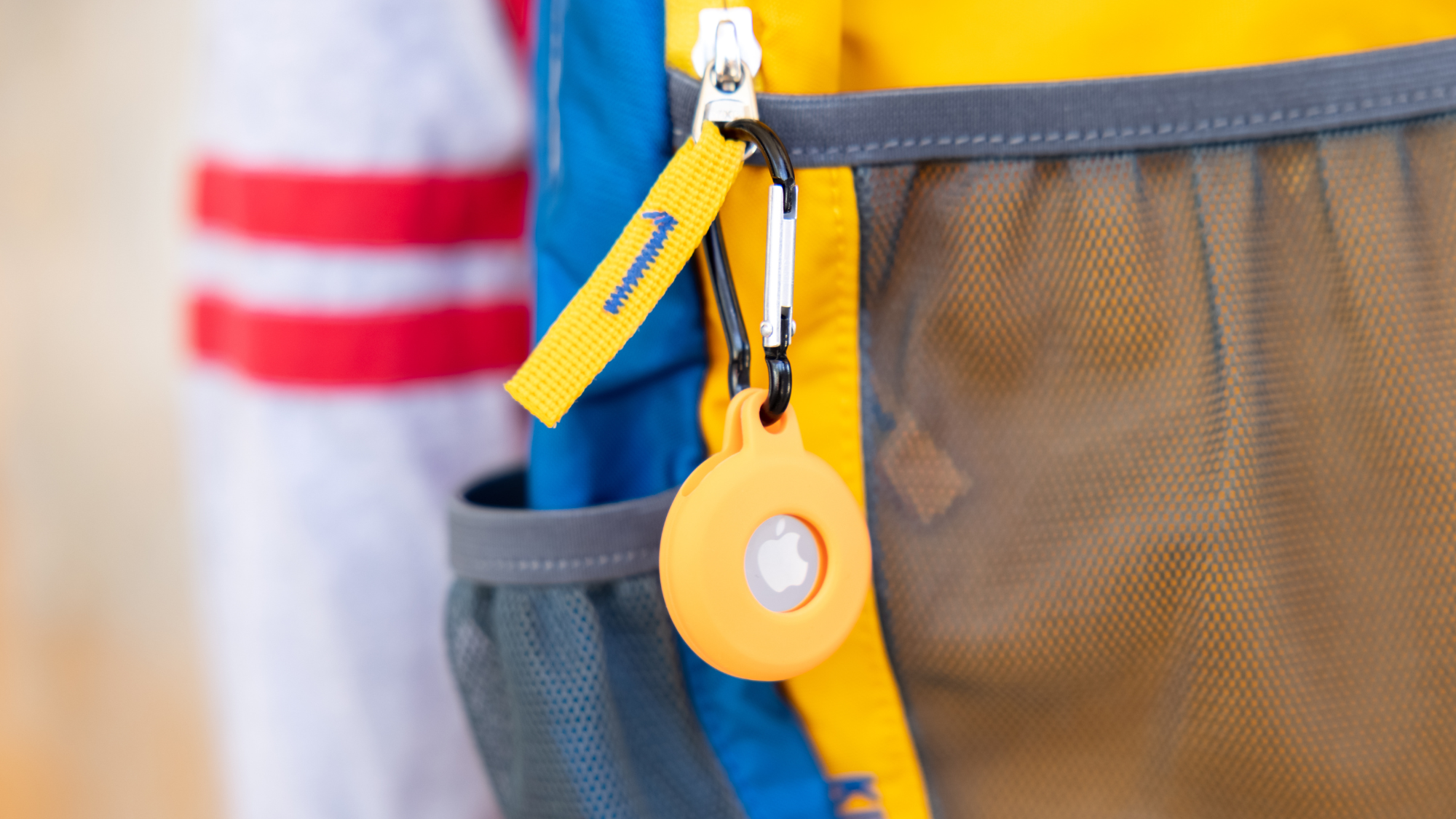 Should parents stop tracking their kids?
Should parents stop tracking their kids?Talking Point Experts warn the line between care and control is getting murkier – and could have consequences
-
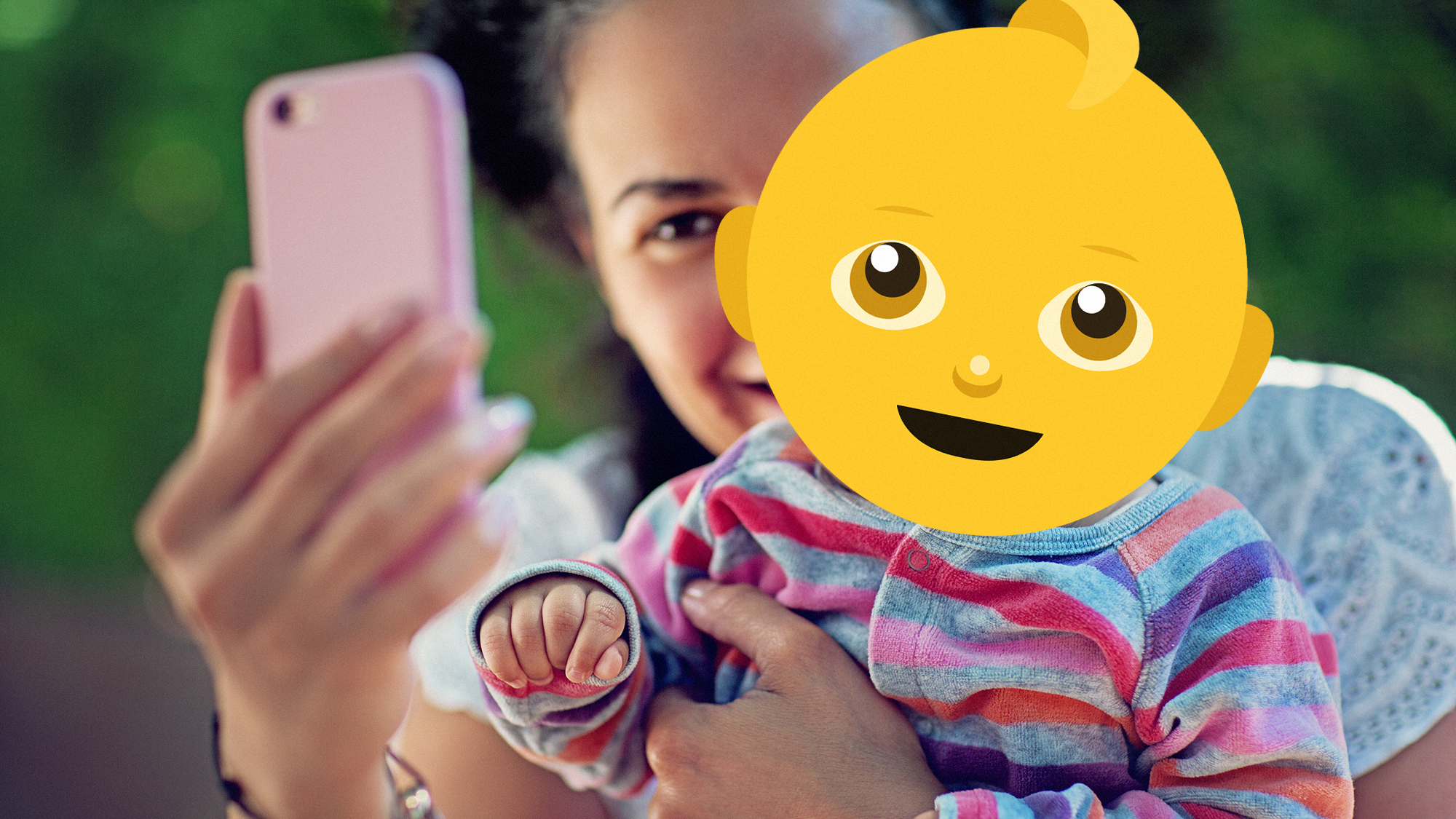 Sharenting: does covering children's faces on social media protect them?
Sharenting: does covering children's faces on social media protect them?In The Spotlight Privacy trend has 'trickled down' from celebrity parents but it may not protect your kids
-
 Disney is still shielding Americans from an episode of 'Bluey'
Disney is still shielding Americans from an episode of 'Bluey'Talking Points The US culture war collides with a lucrative children's show
-
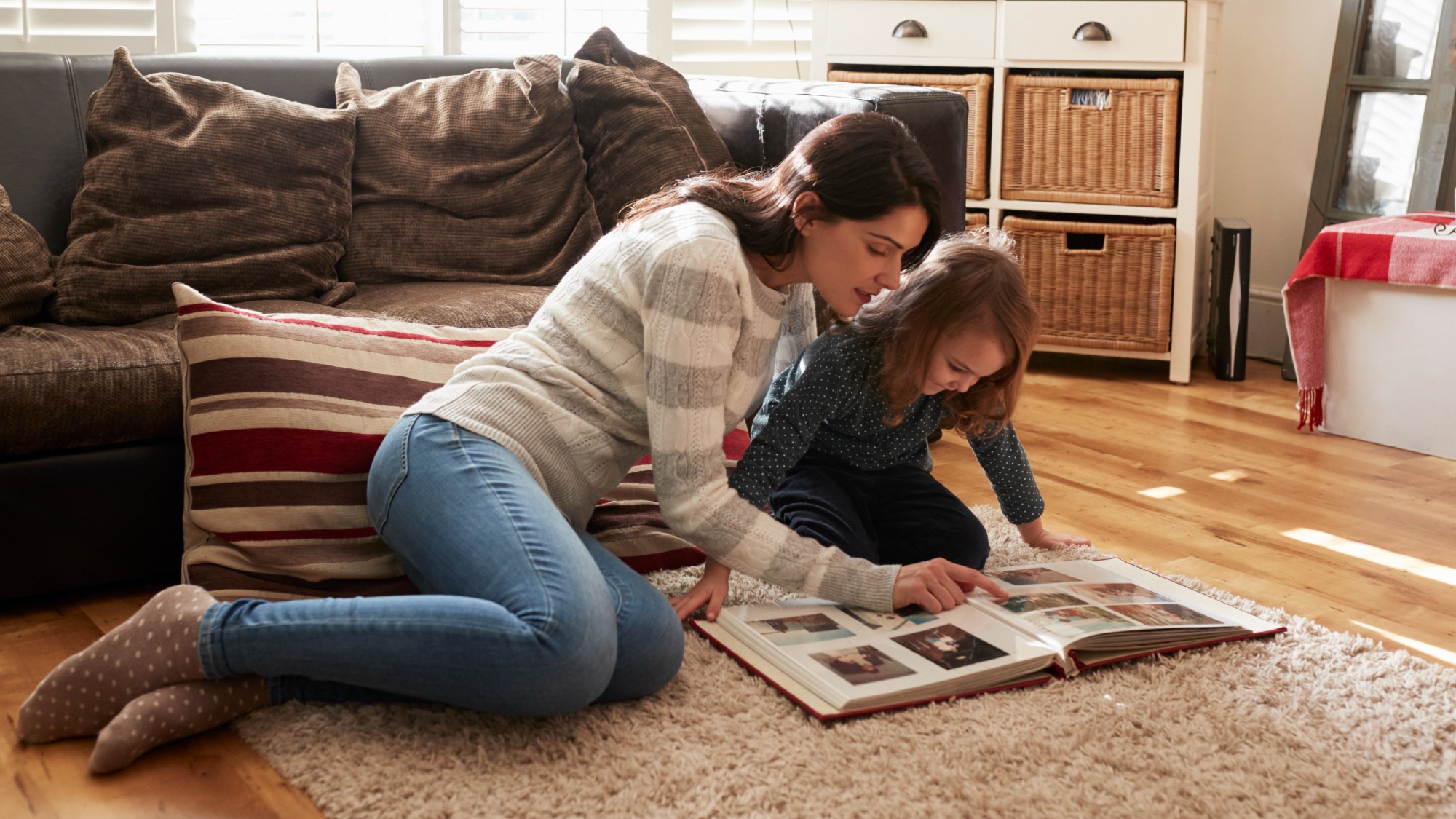 'Making memories': the scourge of modern parenting?
'Making memories': the scourge of modern parenting?In The Spotlight Meghan Markle sends her children emails of each day's 'moments' but is constant 'memory-making' just another burden for parents to bear?
-
 5 'slow TV' shows for overstimulated kids
5 'slow TV' shows for overstimulated kidsThe Week Recommends In an era of fast-paced content and short attention spans, the slow TV movement can be a boon to parents
-
 Chappell Roan and those parenting comments
Chappell Roan and those parenting commentsTalking Point Gen Z popstar’s claim that parents are unhappy has been widely criticised
-
 Has World Book Day become a 'horror show'?
Has World Book Day become a 'horror show'?Talking Point Annual event to encourage children to read for pleasure is sore spot for parents under 'growing pressure' to create character costumes
-
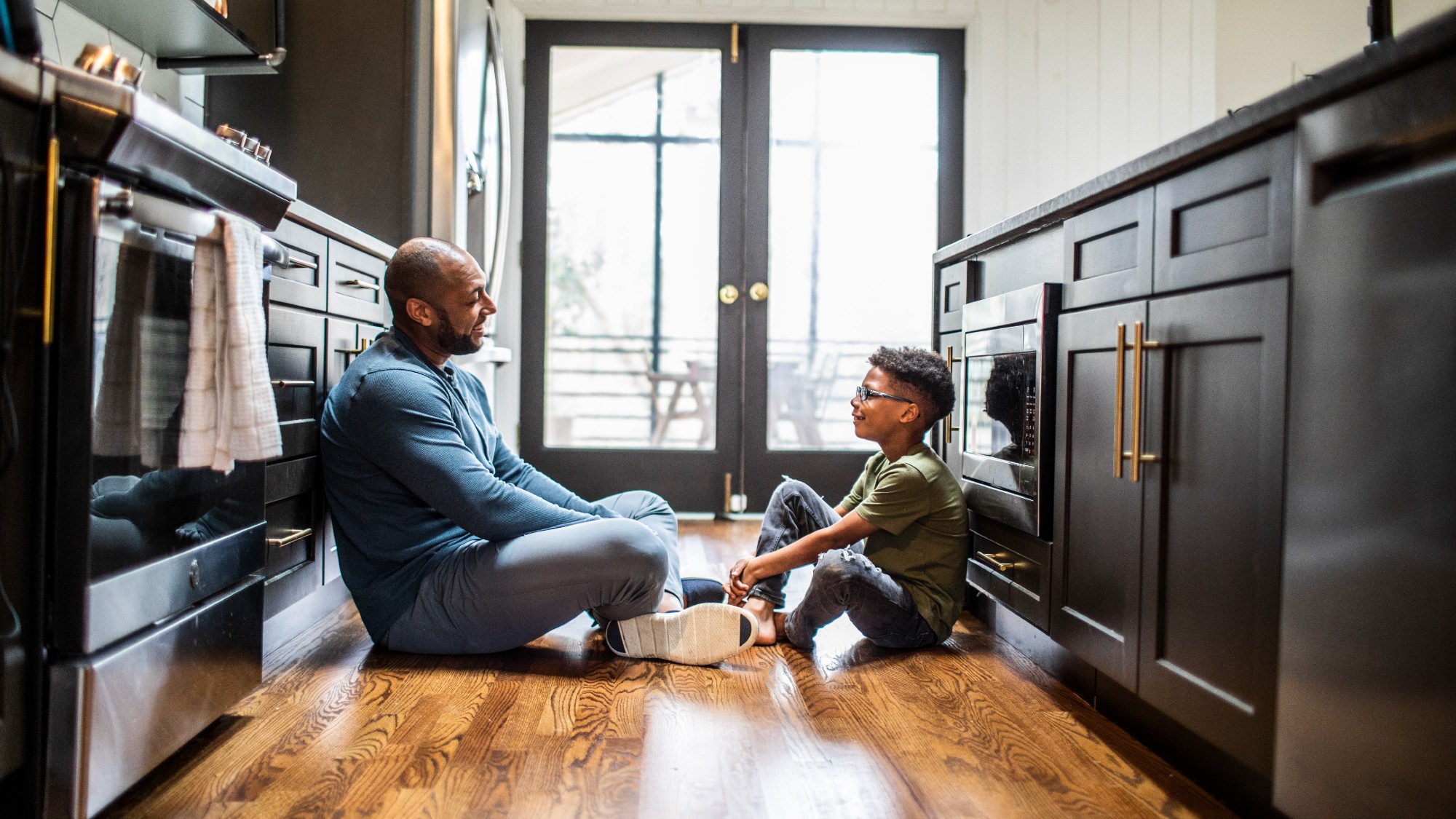 Should we give 'gentle parenting' a time out?
Should we give 'gentle parenting' a time out?Talking Point Popular, empathy-heavy parenting technique facing a stern ticking off
